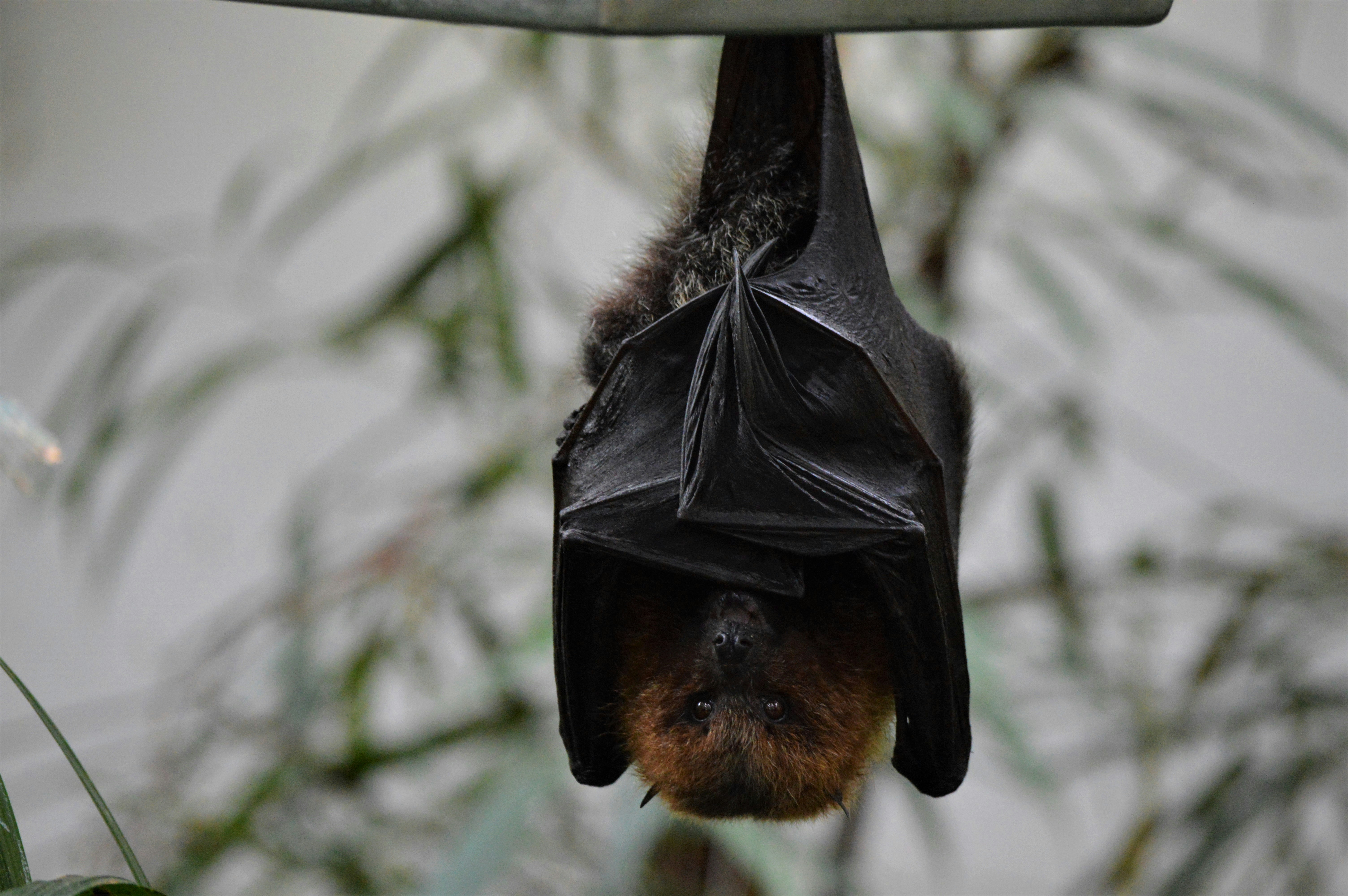Success Story (USFWS)
The lesser long-nosed bat is the first bat species to be delisted from the Endangered Species Act due to successful recovery efforts in 2018.
Population increased from fewer than 1,000 in 1988 to 200,000 across 75 roosts in the U.S. Southwest and Mexico.
Recovery was due to a 30-year international partnership involving the U.S. and Mexico, including biologists, NGOs, citizen scientists, and tequila producers.
The bat is essential for pollinating agave and saguaros, benefiting both ecology and economy.
Conservation strategies included bat migration monitoring, managing roost areas, and promoting bat-friendly farming among tequila producers.
U.S. efforts focused on integrating bat plant management into land use plans and installing bat gates to limit human roost disturbance.
In Mexico, strategies targeted agricultural practice changes for bat pollination and education to mitigate non-target effects of vampire bat control.
A Post-Delisting Monitoring Plan will ensure the bat’s continued success by tracking roost occupancy and food availability.
Conservation Efforts (USDA)
The US Fish and Wildlife Service (USFWS) lists all current cave closures on their website. Federal and state agencies, The Nature Conservancy, and speleological organizations have implemented cave access restrictions as well. The USFWS collaborates with commercial cave owners/operators to minimize contamination risks, recommending measures like shoe baths or disposable shoe covers.
